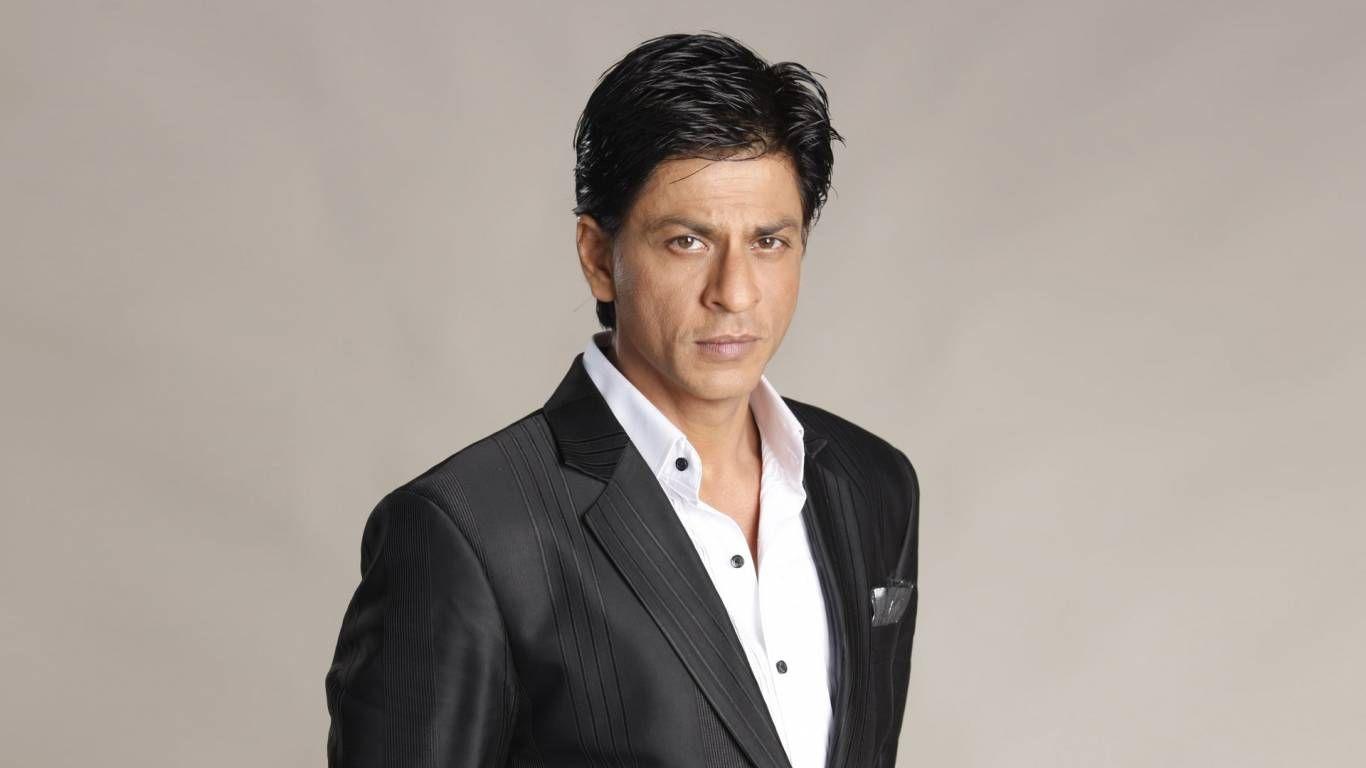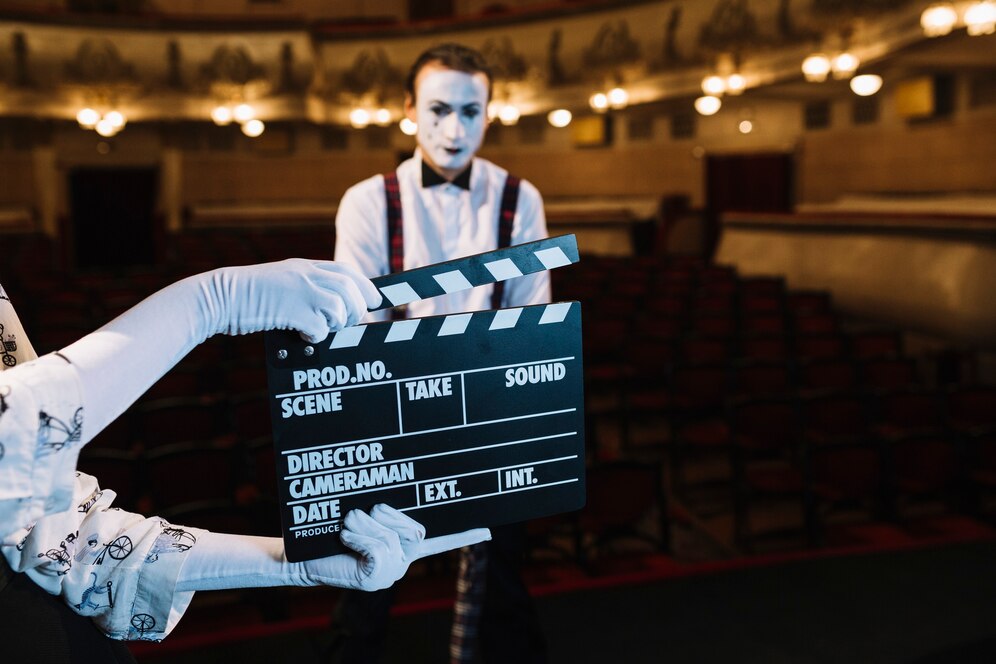
Shah Rukh Khan, often hailed as the Bollywood Romance King, is one of the most iconic actors in the Indian film industry. His life history is a testament to his resilience, versatility, and the immense charm that has captivated audiences for decades. From humble beginnings to becoming a global superstar, Shah Rukh Khan’s journey is both inspiring and fascinating. This account delves into the key phases of his life, career, and the legacy that solidifies his status as an iconic actor.
Early Life and Education
Born on November 2, 1965, in New Delhi, Shah Rukh Khan was raised in a middle-class family. His father, Meer Taj Muhammad Khan, was an independence activist, and his mother, Lateef Fatima, was a magistrate and social worker. Shah Rukh Khan, affectionately known as SRK, exhibited an early penchant for both academics and sports. Notably, he attended St. Columba’s School, where he excelled in his studies. Moreover, he shone in sports, particularly cricket and hockey. Consequently, he earned the prestigious Sword of Honour.
After completing his schooling, Shah Rukh Khan pursued a degree in Economics at Hansraj College, University of Delhi. During his college years, his interest in acting deepened; therefore, he joined Barry John’s Theatre Action Group (TAG). His talent and passion for acting were evident, thus setting the stage for his future in the entertainment industry. Subsequently, he enrolled in a Master’s program in Mass Communication at Jamia Millia Islamia. However, his burgeoning acting career prompted him to leave his studies and fully commit to his dreams.
Television Debut and Early Career
Shah Rukh Khan’s entry into the entertainment industry began with television. He made his debut in the TV series “Fauji” (1988), portraying the role of Lieutenant Abhimanyu Rai. The show was well-received, and his performance garnered significant attention. He continued to build his television career with notable roles in “Circus” (1989) and “Dil Dariya” (1988), further establishing his presence in the industry.
Despite his growing popularity on television, Shah Rukh Khan faced several challenges when transitioning to Bollywood. The early 1990s were marked by personal tragedies, including the loss of both his parents. These hardships, however, only fueled his determination to succeed. Relocating to Mumbai, the heart of the Indian film industry, Shah Rukh Khan set out to conquer Bollywood.
Breakthrough and Rise to Stardom
Shah Rukh Khan’s Bollywood journey began with “Deewana” (1992), where he played the supporting role of Raja Sahai. The film was a commercial success, earning him the Filmfare Award for Best Male Debut. This marked the beginning of a prolific career in Bollywood.
In the subsequent years, Shah Rukh Khan took on diverse roles, including negative characters in “Baazigar” (1993) and “Darr” (1993). These performances showcased his versatility and willingness to break away from conventional hero roles. However, it was the 1995 romantic drama “Dilwale Dulhania Le Jayenge” (DDLJ) that catapulted him to unprecedented fame. His portrayal of Raj Malhotra, a charming and love-struck young ma. And resonated deeply with audiences, earning him the title of Bollywood’s romance king. DDLJ became a cultural phenomenon, solidifying his status as an iconic actor in the romance genre.
Dominance as the Romance King
Throughout the late 1990s and early 2000s, Shah Rukh Khan continued to dominate the romantic genre. And with blockbuster hits such as “Dil To Pagal Hai” (1997), “Kuch Kuch Hota Hai” (1998), and “Mohabbatein” (2000). His on-screen chemistry with leading actresses like Kajol, Madhuri Dixit, and Rani Mukerji was electric. And his ability to convey deep emotions with a captivating smile made him the ultimate romantic hero.
In addition to his romantic roles, Shah Rukh Khan explored various genres, proving his acting prowess. Films like “Swades” (2004), where he played an NRI scientist returning to his roots, and “Chak De! India” (2007), in which he portrayed a disgraced hockey coach seeking redemption, showcased his versatility and garnered critical acclaim.
Global Icon and Entrepreneur
Shah Rukh Khan’s appeal reached beyond national borders, earning him fans worldwide. International film festivals have screened his films, and he has won many awards. In 2002, he received the Padma Shri, India’s fourth-highest civilian award, for his contributions to Indian cinema.
Beyond his acting career, Shah Rukh Khan is a successful entrepreneur. He co-owns the Kolkata Knight Riders, a franchise in the Indian Premier League (IPL), and is the co-founder of Red Chillies Entertainment, a production and distribution company. His business ventures have further cemented his status as a multifaceted personality in the entertainment industry.
Personal Life and Philanthropy
Shah Rukh Khan is married to Gauri Chibber, and the couple has three children: Aryan, Suhana, and AbRam. Despite his immense fame, Shah Rukh Khan has managed to keep his personal life relatively private, maintaining a balance between his professional and personal commitments.
Shah Rukh Khan also contributes to philanthropy. He actively participates in various charitable initiatives. Including child health and education programs.His Meer Foundation focuses on supporting acid attack survivors and empowering women, reflecting his commitment to social causes.
Legacy and Continued Influence
Shah Rukh Khan’s life history is a testament to his resilience, talent, and unyielding spirit. From his early struggles to becoming the Bollywood Romance King and an iconic actor, his journey has been marked by perseverance and a passion for his craft. His influence on Indian cinema is undeniable, and his legacy continues to inspire aspiring actors and filmmakers.
In conclusion, Shah Rukh Khan’s life story is remarkable, transforming from a boy with dreams into a global icon. He deserves his title as Bollywood’s romance king and iconic actor, reflecting his impact on the genre and millions of fans’ hearts. As he continues to evolve as an actor and entrepreneur, Shah Rukh Khan’s legacy will endure, leaving a lasting mark on the world of cinema.

